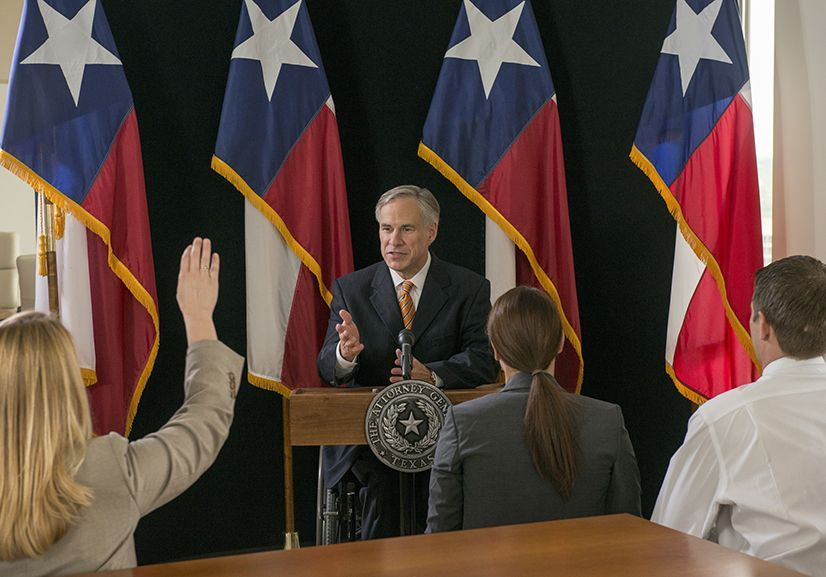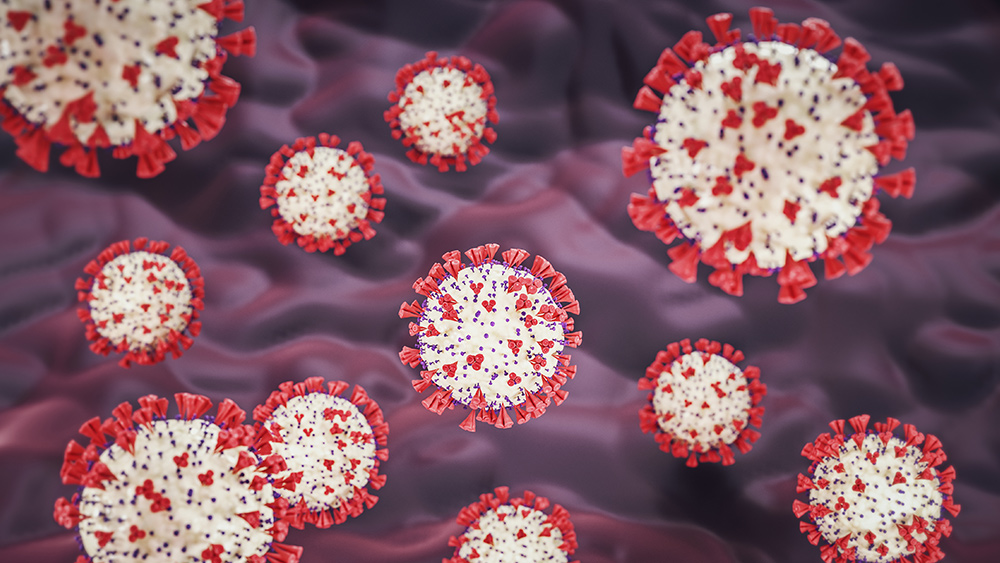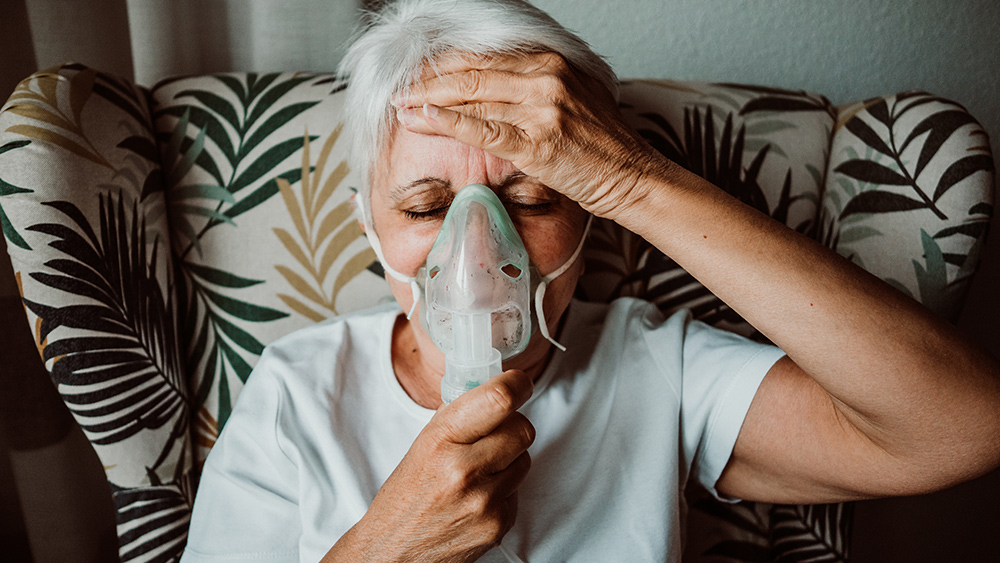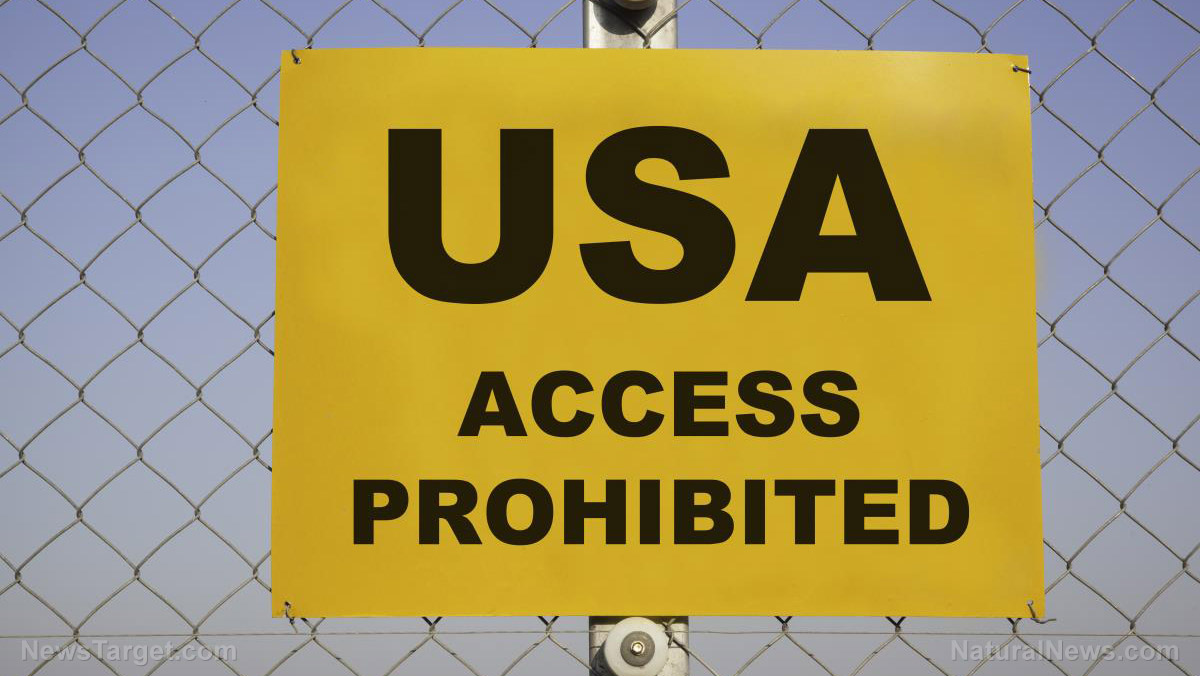Texas saw its highest one-day increase in new coronavirus cases over the weekend
05/20/2020 / By Ralph Flores
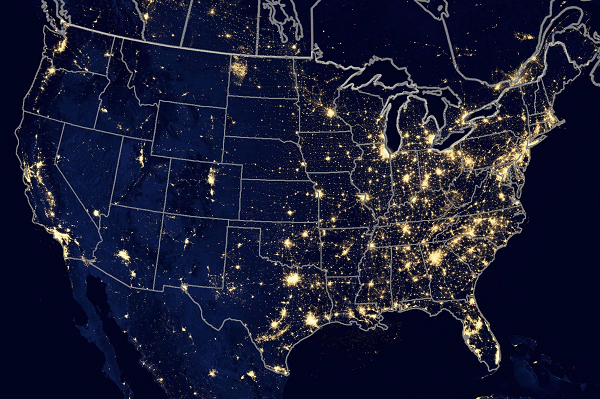
Over the past weekend, Texas, North Carolina and Arizona have all reported a steady increase in new cases, raising concerns on whether reopening early can lead to more damaging consequences.
Texas reported 1,801 new cases on Saturday, its largest one day-increase in cases. North Carolina also saw its largest single-day jump, with 853 new cases on the same day. Meanwhile, Arizona reported 462 new cases, close to a record high. In addition, data from the New York Times revealed that weekly rolling averages in new cases in all three states have also been rising.
According to public health experts, these figures reveal the challenges that come with reopening amid the pandemic. Texas and Arizona are already well underway with their reopening efforts, with states allowing restaurants and barbershops to reopen, provided they follow strict social distancing measures. North Carolina is following their lead, entering its first phase of reopening by allowing retail stores to reopen with restrictions.
Upswing in cases due to more testing
State officials, however, noted that the recent upswing in cases was also caused by an increase in testing. This meant that more people with the Wuhan coronavirus (COVID-19) are being identified.
Still, the steady increase in cases — even with testing — is concerning, according to North Carolina Health and Human Services Secretary Mandy Cohen. During a press briefing on Monday, she added that these figures come at a time when restrictions were being eased.
“When we see this kind of an increase in case counts, we also know that we are easing restrictions and folks are moving around more,” Cohen said.
She also urged residents to wear face masks, observe social distancing and wash their hands, even with more relaxed measures in place.
Not all states who reopened early are reporting an upswing in cases. Georgia, which lifted its shelter-in-place orders on April 30, has not seen a spike in cases, while Florida’s has been mostly flat. It’s still too early to tell if state measures are working, as coronavirus data has a two-week lag. Similarly, it also takes time for a person with coronavirus to develop symptoms and get tested, which further complicates caseload data.
It’s also worth noting that while data from the national level shows a decline in new cases, the trendlines can greatly differ when adjusted for regional variation. In recent weeks, health authorities in New Jersey and New York — the latter being the epicenter of the outbreak in the U.S. — have reported significant declines in new cases.
In statements released by Texas Gov. Greg Abbott and Arizona Gov. Doug Ducey, they stressed that increased testing accounted for the upswing in new cases in their states.
All three states, however, have relatively low positivity rates in their testing, with both Texas and Arizona at five percent, and North Carolina at around six percent. The states have also expressed confidence in their hospital capacity, a key metric when it comes to handling the coronavirus. (Related: As the lockdowns are lifted, don’t forget these 10 basic FACTS about the Wuhan coronavirus, or we’ll all suffer a catastrophic second wave of deaths planned by the globalists.)
Calculated risks
Health experts say that reopening the economy can lead to an increase in cases, especially as people start to interact more and spread the virus.
“It is not surprising that we are seeing more reported cases given that we have started to reopen, people are more mobile and we’re doing a lot more testing,” explained Aaron McKethan, a senior policy fellow at Duke University.
In a Senate testimony last week, Dr. Anthony Fauci, director of the National Institute of Allergy and Infectious Diseases, echoed a similar warning, saying that reopening too soon can lead to spikes in new cases and serious consequences.
Experts have also called for a balance between public health and the economy as stay-at-home orders can’t last forever.
“If we were only looking at public health considerations, we would of course maintain lockdown indefinitely, but that’s not feasible,” McKethan said.
For Harvard T.H. Chan School of Public Health professor Michael Mina, the U.S. is on the brink of collapse if the economy doesn’t reopen soon, despite the concerns from a health standpoint.
“Myself and many of my colleagues are very nervous about this idea of opening up this early, without the right pieces in place, but it does need to happen,” he added.
Pandemic.news has more stories on the ongoing coronavirus outbreak.
Sources include:
Tagged Under: Arizona, coronavirus, covid-19, deaths, economy, fatalities, infections, lockdowns, North Carolina, outbreak, pandemic, Texas, Wuhan
RECENT NEWS & ARTICLES
COPYRIGHT © 2017 GREATERTEXAN.COM
All content posted on this site is protected under Free Speech. GreaterTexan.com is not responsible for content written by contributing authors. The information on this site is provided for educational and entertainment purposes only. It is not intended as a substitute for professional advice of any kind. GreaterTexan.com assumes no responsibility for the use or misuse of this material. All trademarks, registered trademarks and service marks mentioned on this site are the property of their respective owners.



